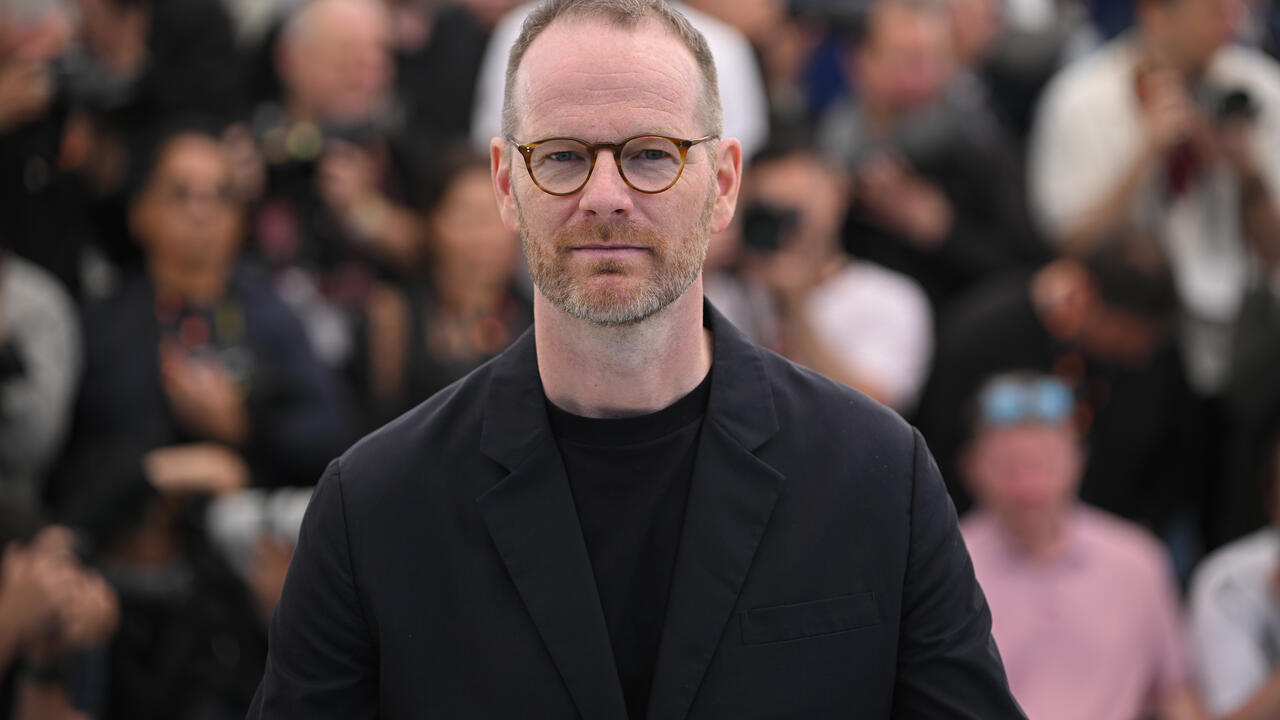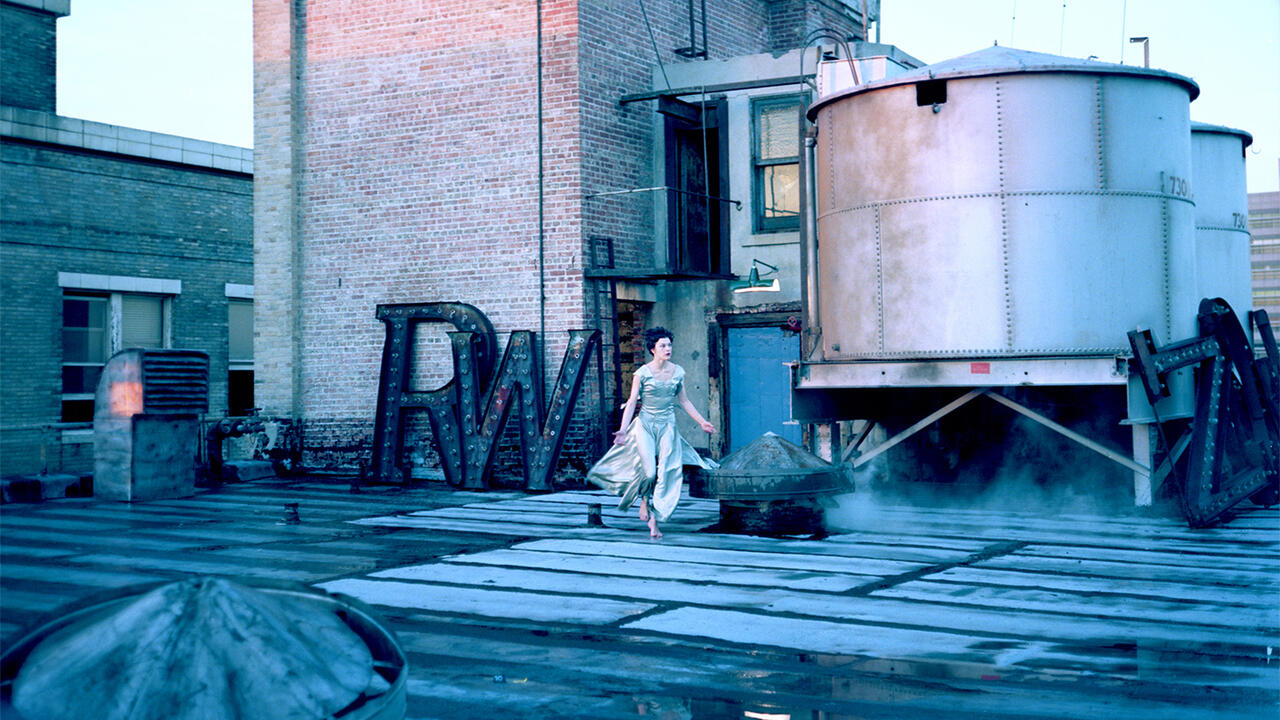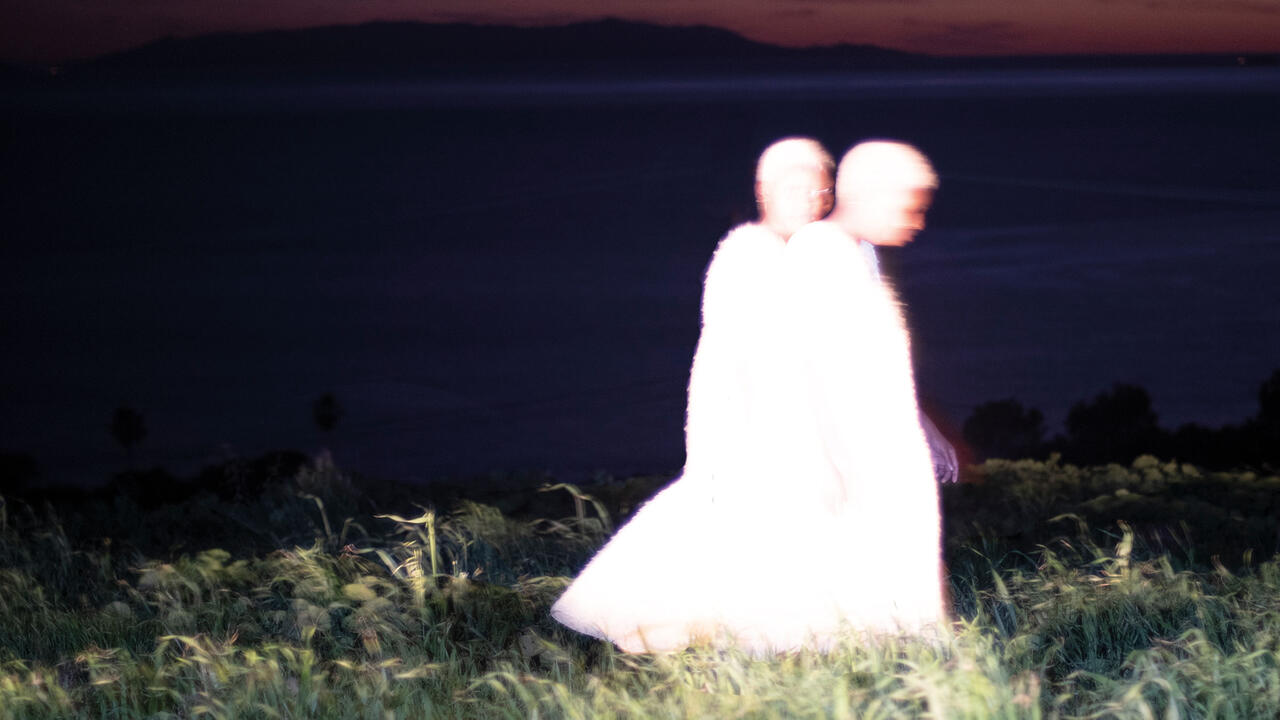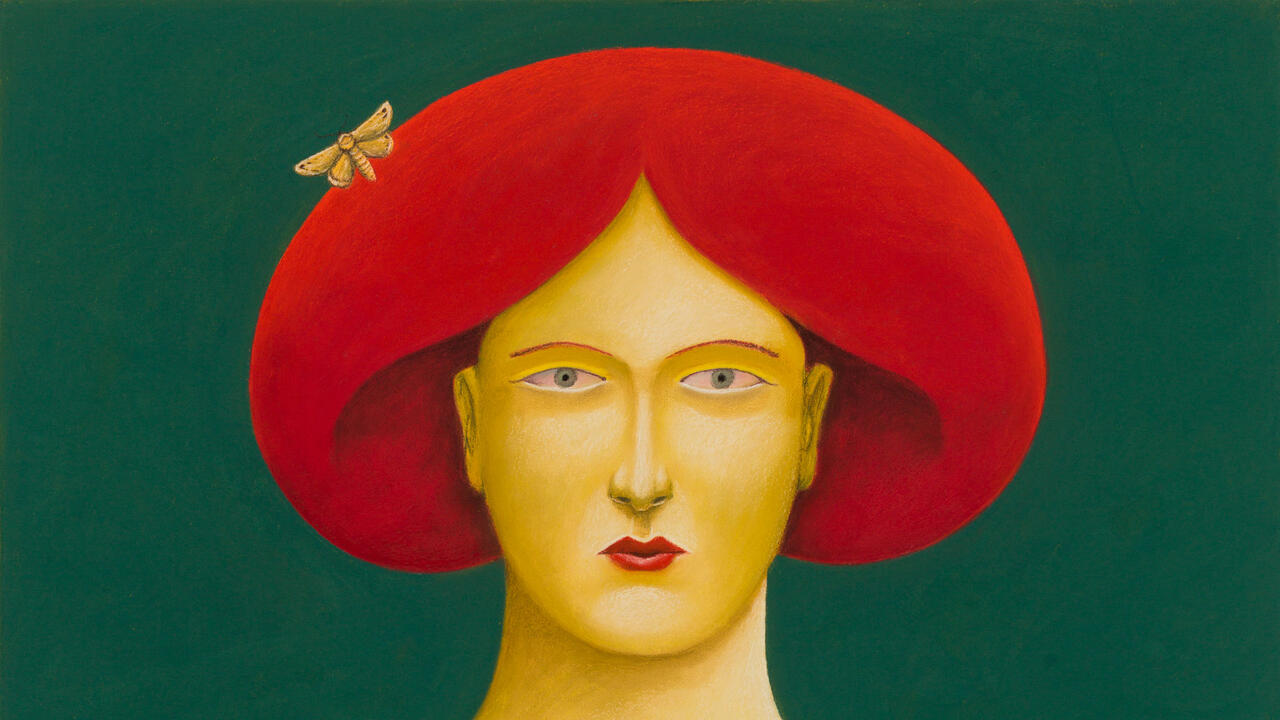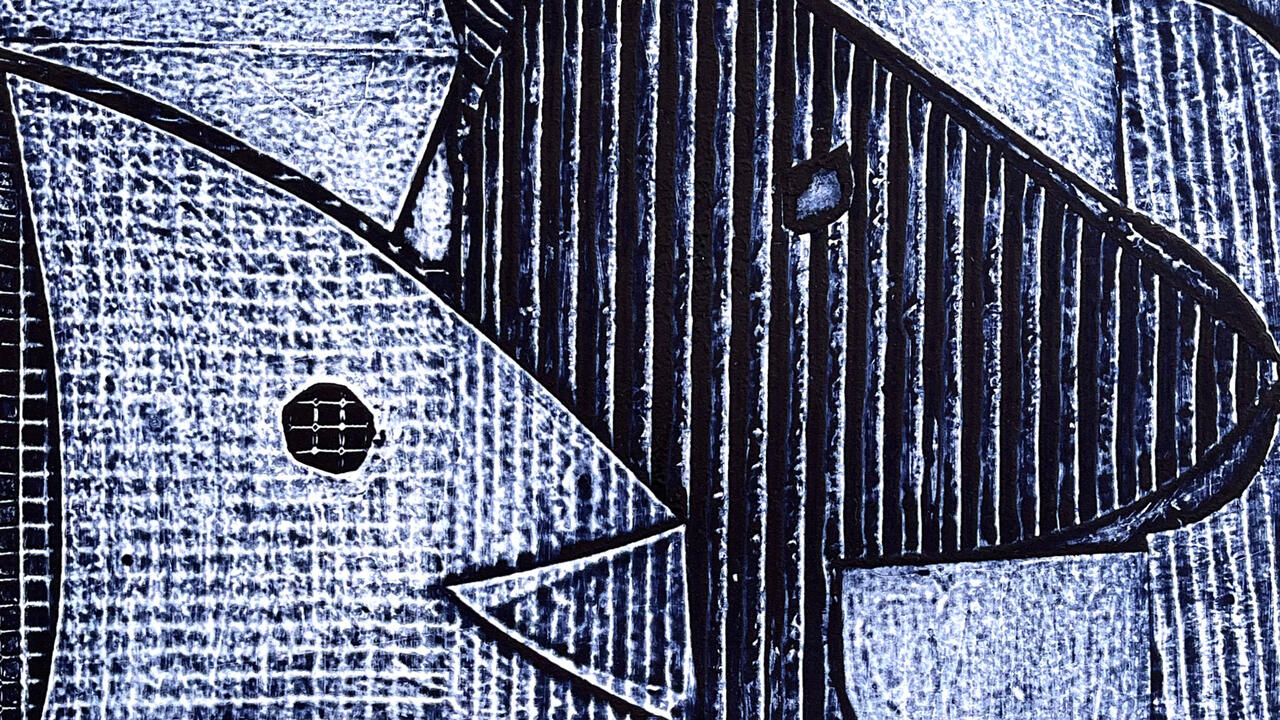Period Drama
A new documentary portrays the Italian village that has performed plays about itself every summer for 50 years
A new documentary portrays the Italian village that has performed plays about itself every summer for 50 years

A man with a shock of white hair scolds a group: ‘“The earth will open up” – the line is ironic!’ An older gentleman in a dark sweater gestures with a pencil and tries again: ‘The earth will open up and down we’ll go!’ Others chime in, suggesting additional acts of god: a massive flood, a violent windstorm, the sun taking everything out in a blazing fireball. ‘Well, I don’t understand this end of the world, or whose fault it is.’
For the last 50 years, inhabitants of the picturesque Tuscan village of Monticchiello have been writing and performing plays, or ‘autodramas’, about themselves, which they stage every summer in the town square. Jeff Malmberg and Chris Shellen’s new documentary, Spettacolo (Show, 2017), released theatrically in the US this month, tracks the Monticchiello theatre across three seasons, beginning with winter’s initial town-wide congregation: a chaotic mash-up of city council meeting, group therapy session and creative brainstorm, led by director Andrea Cresti (the white-haired man), one of the theatre’s original founders. They begin this year’s production still enveloped in the persistent stench of the 2008 financial collapse and its devastating austerity policies. The residents of the formerly agricultural village decide to use their play to tackle no less than the end of the world. ‘Today, the economic war, the end of the illusion of everyone getting richer … it’s a difficult moment,’ one says. ‘That’s what I was thinking about – the barbarism of modernity,’ adds another.
Across 90 minutes, Spettacolo also uses archival material to trace the history of the amateur theatre troupe. Though notably few contextual details are given – the sparse title cards only mark the change of seasons and provide the population of the town (136) – the work is visibly connected to mid-20th-century avant-garde theatre. (The provenance of the group’s name, Teatro Povero di Monticchiello, can be traced to Polish director Jerzy Grotowski’s radical concept of the ‘poor theatre’.) The Teatro Povero’s very first production was a re-enactment of the heroic tragedy of Monticchiello’s volunteer partisans, who were attacked by Nazis in 1944, performed years later by a troupe including several of the survivors: an act of community therapy. Throughout Spettacolo, we glimpse sculptural plywood stages and a set of gridded modernist geometric towers; one clip shows a debate between a group of disembodied heads poking like whack-a-mole targets through a sea of blue tulle. In black and white film stills of an undated production, the entire town is shown transformed into a giant supermarket, selling a lucrative fictional product, dubbed Zollet, which is revealed to be made of Monticchiello earth. The possibility of amateur art-making as a vehicle for emotional reckoning is a concern that can be traced back to Malmberg and Shellen’s previous documentary, Marwencol (2010). In that earlier film, the artist Mark Hogancamp – a middle-aged, upstate New Yorker who survived a brutal beating outside a local bar – begins meticulously constructing and photographing a complex World War II diorama as a way of managing his trauma. Spettacolo is the externalized partner to Marwencol’s deeply internalized process: an act of collective memory that deftly avoids defining art and its practitioners through the validation of the outside world.
Scenes in Spettacolo are interspersed with shots straight out of a Tuscan tourism brochure: a cat stretching on an ancient stone ledge, sunset over a scrubby hill, a field of bright sunflowers, an old woman hanging laundry on a line. At a precise and controlled editorial pace, these postcard shots become slowly tainted: the gently winding road lined with cypress trees is taken over by an elaborate camera rig shooting a car commercial; a woman rearranges herself over and over on a stoop as she poses for a lover’s photo; a quiet road is disturbed by the sound of luggage wheels dragged over cobblestones. But these moments don’t feel scolding or condescending. Rather, they unfold unremarked upon, passing by quietly. Cresti’s son, who remains involved in the Teatro Povero, owns a bed and breakfast, and he tells us, while snapping photos of the egg dish he’s just cooked, that he personally believes the future of the town lies in tourism.
In a chaotic mash-up of city council meeting, group therapy session and creative brainstorm, the Monticchiello theatre tackles ‘the barbarism of modernity’.
The Monticchiello residents inform us that, for centuries, they had been sharecroppers and their earliest plays examined the shift away from agrarianism. Now, ironically, Monticchiello’s fast-fading, old-world authenticity is its most lucrative product. A late scene in the film details how the initial prospect of selling off town property to developers was bitterly debated, before being eventually conceded to: a trauma reflected in that year’s production. The bitter split extended to whether the development debate should be included in the play at all. The community was scarred by the discord and, after breaking ground, the new construction was never completed. ‘We were left with half-finished vacation homes for outsiders. A constant reminder of what had pulled our theatre apart.’ The film understands, as do the ageing farmers of Monticchiello, that the long tentacles of larger global and economic forces are the real culprit, both in terms of the survival of traditional ways of life, and the slow-grinding threat to the town’s theatrical self-telling of it.
In that respect, the film recalls nothing so much as Miguel Gomes’s Scheherazade-does-austerity Arabian Nights trilogy (2015), which also took the idea of storytelling itself as a jumping-off point for an exploration of the effects of post-recession fiscal policy in Europe. But, unlike Gomes’s epoch-hopping set of films, Spettacolo hews to a traditional ‘Let’s put on a show!’ dramatic structure. Act by act, obstacles are thrown at Cresti’s feet: he can’t convince the next generation’s budding thespians to trade in football and mobile phones in favour of what one wavering youth sums up as ‘the farmers, the people, the past’; one of the theatre’s initial founders passes away; rehearsals are unfocused and poorly attended; and, in a final meta-stroke, the theatre’s major sponsor, the Italian bank Monte dei Paschi di Siena, nears financial collapse and withdraws funding. Will the show go on? Despite the odds, in the end none of these blows prove fatal, which reveals the documentary’s structure to be brilliantly subversive. As the main driver of the plot tracks along the production of the play, the slippery boundary between the troupe’s success on stage under the Klieg lights begins to feel conflated with their hopes of survival. In other words: if they manage to put on the show, maybe everything will be fine after all. (The cosmic joke being, of course, that the play we are desperate to see Cresti triumph in itself foresees a final end.)
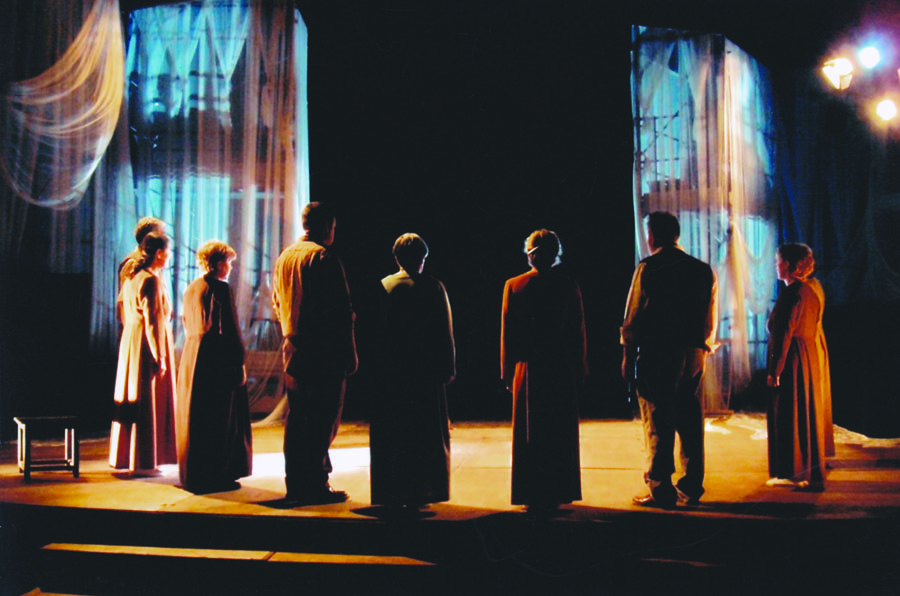
Despite covering the 50-year history of the Teatro Povero’s ‘autodramas’, the film follows a loose chronology. This allows the cyclical change of the seasons and shifts in the landscape to convey the passage of time more subtly, haunting us with the idea of historical memory and mortality through physical markers. Spettacolo lets this information out carefully, a slow drip-feed. The Teatro Povero plays translate the earthbound world into something symbolic, creating and recording language as physical reality fades away. When the performances end, this history will be lost forever. As we hear the actors repeating over and over in rehearsals: ‘Why are we here tonight to enact this strange vigil?’
The film is told in the language of the present tense but is delivering a funeral elegy from the future. The Monticchiello vigil brings to mind the final lines of Czesław Miłosz’s poem, ‘A Song on the End of the World’ (1944): ‘Only a white-haired old man, who would be a prophet / Yet is not a prophet, for he’s much too busy, / Repeats while he binds his tomatoes: / There will be no other end of the world, / There will be no other end of the world.’









